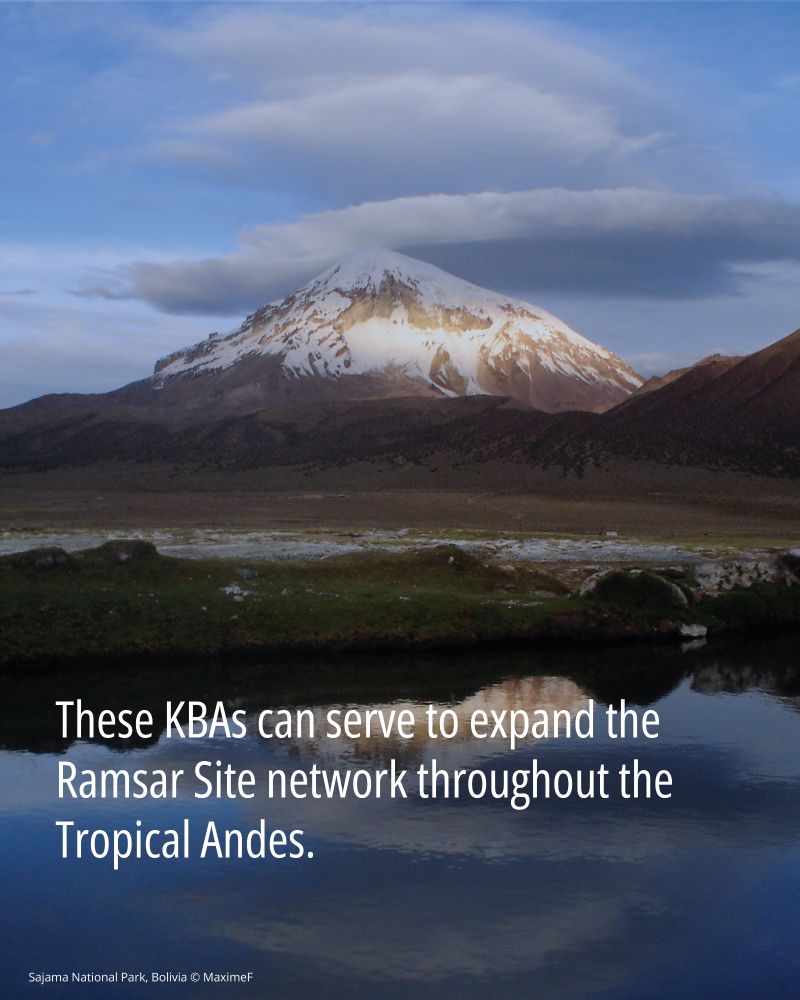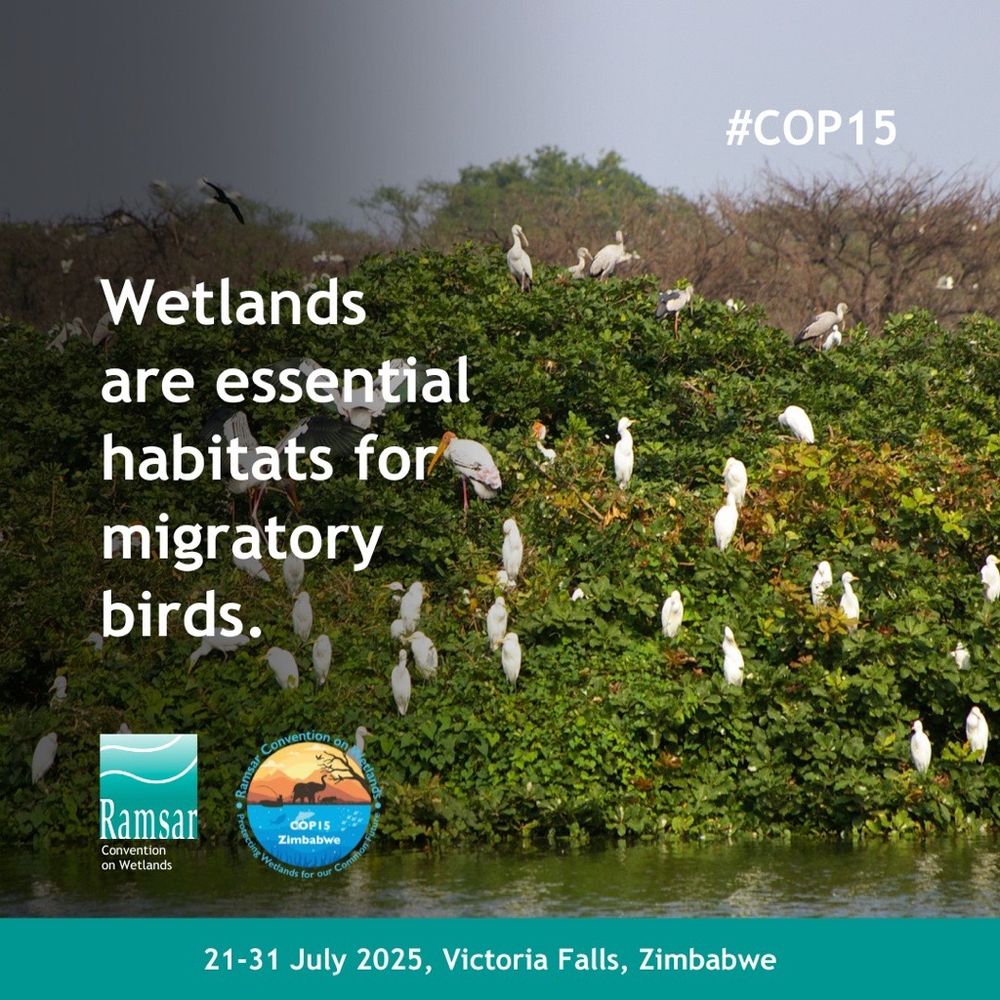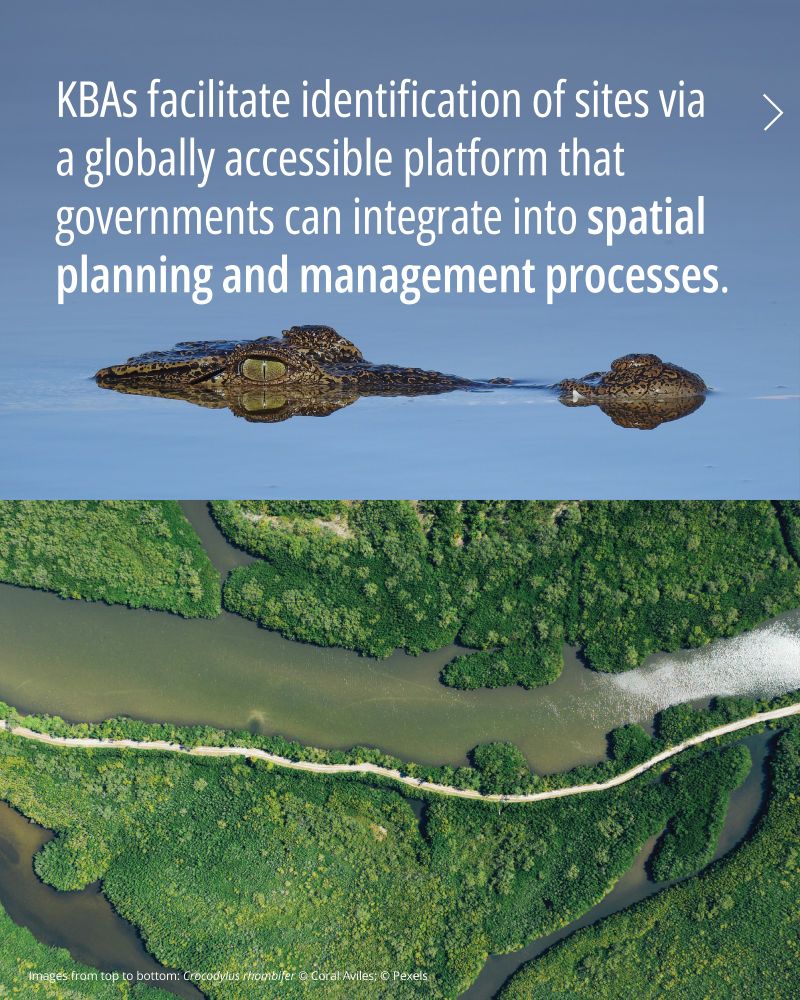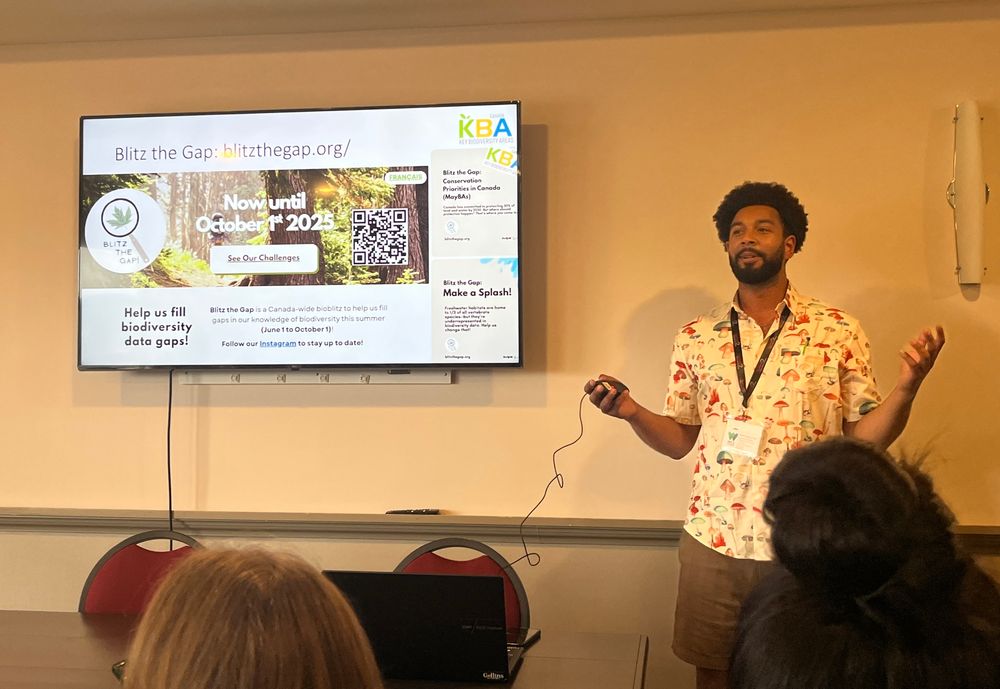Key Biodiversity Areas
@keybiodiversity.bsky.social
210 followers
45 following
49 posts
The most significant sites for nature on the planet. 🐋🦓🦜🌱
Posts
Media
Videos
Starter Packs
Reposted by Key Biodiversity Areas
Reposted by Key Biodiversity Areas
Reposted by Key Biodiversity Areas













































